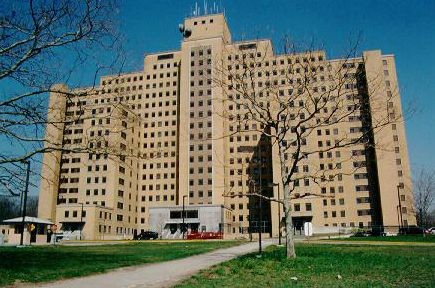Brooklyn Appeals Court sends mentally ill patient back to facility

The Appellate Division, Second Department, has ordered that a Queens psychiatric patient remain involuntarily committed pending a new hearing on release. The appellate court ruling reverses the decision of a lower court judge to release the patient following the trial judge’s disapproval of a hearing witness.
Peter L. was transferred from a criminal correctional facility and involuntarily admitted to the state-operated Creedmoor Psychiatric Center in Queens in 2013. Court records show that Peter L. had a history of mental illness. In 2014, Creedmoor petitioned to have Peter L. remain institutionalized.
During a 2014 hearing, a Queens Supreme Court justice inappropriately discredited the testimony of the state’s only witness, Creedmoor psychiatrist Dr. Emanuel Barclay.

Brooklyn Boro
View MoreNew York City’s most populous borough, Brooklyn, is home to nearly 2.6 million residents. If Brooklyn were an independent city it would be the fourth largest city in the United States. While Brooklyn has become the epitome of ‘cool and hip’ in recent years, for those that were born here, raised families here and improved communities over the years, Brooklyn has never been ‘uncool’.